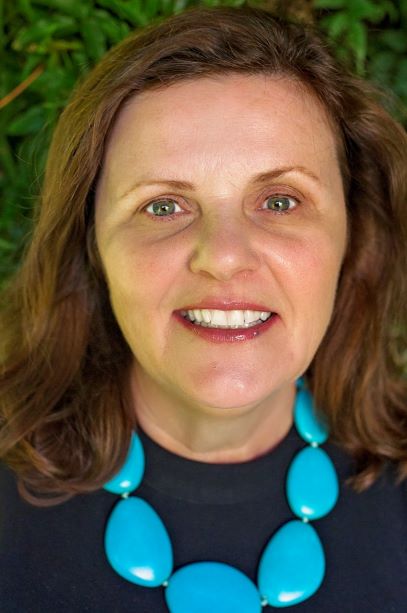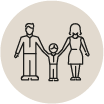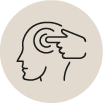Just like moons and like suns with the certainty of tides, just like hopes springing high, still I’ll rise.
T: 0414 461 624
suzanne@tidespsychology.com.au
Monday - Friday
9am to 5pm
17/29 Cinderella Drive,
Springwood.
T: 0414 461 624
suzanne@tidespsychology.com.au
Monday - Friday
9am to 5pm
17/29 Cinderella Drive,
Springwood.
Suzanne Klotz
Grad. Dip. Counselling; Grad Dip Bsc. Psych; BSc.Psych (Hons); M.Prof.Psych; MAPS.
Suzanne has a warm, approachable and empathic approach. In therapy she aims to create a space where a person feels understood, accepted and supported as they make the changes that they want to in life.
Suzanne is a registered psychologist with 12 years experience in counselling and clinical environments. A mature practitioner, she has worked with people from a range of ages and backgrounds in diverse settings including non for profit organisations in substance abuse treatment, child, young adult and parent support and also tertiary institutions and private practice.
She enjoys helping people work through issues that are causing difficulties in their lives to increase their well-being. She finds it rewarding to see clients making positive changes, and being able to help them learn new ways of being in the world and improving their relationships.
Her areas of interest include anxiety, depression, adjustment issues, relationship issues, adult autism, distress regulation, parenting, gender identification, substance abuse and risk assessment.
She has experience in working with a wide range of mental health presentations, using a variety of therapeutic modalities to meet individual needs.

At Tides Psychology Brisbane we are experienced in helping you through a variety of life experiences and stresses.
-
 Addictions
Addictions
-
 Parenting Problems
Parenting Problems
-
 LGBQTI+
LGBQTI+
-
 Work Problems
Work Problems
-
 Grief & Loss
Grief & Loss
-
 Trauma
Trauma
-
 Stress & Coping
Stress & Coping
-
 Depression & Anxiety
Depression & Anxiety
-
 Adjustment Issues
Adjustment Issues
Sadness in life is normal but when feelings of sadness, emptiness and lowered mood last for most of the day nearly every day it is a sign that depression may be affecting our lives. Depression can negatively impact on sleep and levels of energy and motivation, decrease interest in activities and generate feelings of worthlessness and hopelessness.
Anxiety can suddenly make life feel very uncomfortable. Some feelings of anxiety are natural and protective, but when anxiety starts to hijack your thoughts, feelings and bodily reactions then it can make daily functioning very difficult and exhausting.

So why are we called Tides Psychology?

We are not near the beach, that is true! We chose Tides Psychology as the name of the practice as tides are a constant in life, there is no stopping them, we just need to ride their ebb and flow. In the same way, that is a bit like life with challenging times. Stress, loss and change are all part of life and we have to negotiate their ebb and flow. Sometimes we may need some help in doing that, and that is where a psychologist in Brisbane can be helpful.
Blog
Our commitment to you
Feel supported
We offer a safe, open, and non-judgemental space for you to work through your problems with someone who truly cares.
Gain clarity
Have the freedom to speak confidentially to an objective listener who can help you gain clarity and feel less overwhelmed.
Learn self-acceptance and understanding
Learning more about yourself through therapy is the first step towards implementing lasting change.
Progress at your own rate
Seeing incremental changes week by week will help you stay positive and move forward with your life.


"Never give up, for that is just the place and time that the tide will turn." Harriet Beecher Stowe.
So why are we called Tides Psychology?
We are not near the beach, that is true! We chose Tides Psychology as the name of the practice as tides are a constant in life, there is no stopping them, we just need to ride their ebb and flow. In the same way, that is a bit like life with challenging times. Stress, loss and change are all part of life and we have to negotiate their ebb and flow. Sometimes we may need some help in doing that, and that is where a psychologist in Brisbane can be helpful.
Send us a message
At Tides Psychology, you will feel supported as you work through your problems with a skilled and compassionate professional psychologist in Brisbane.





